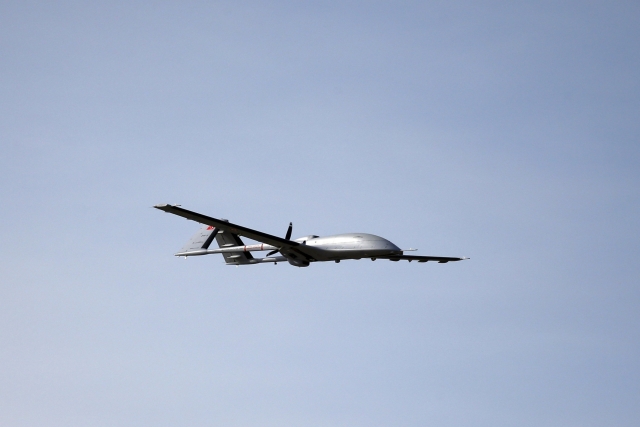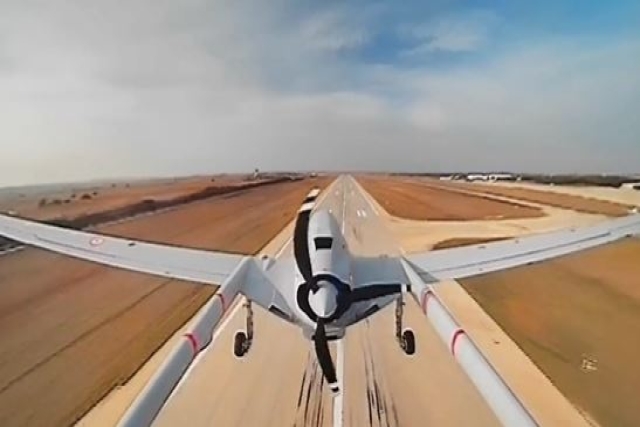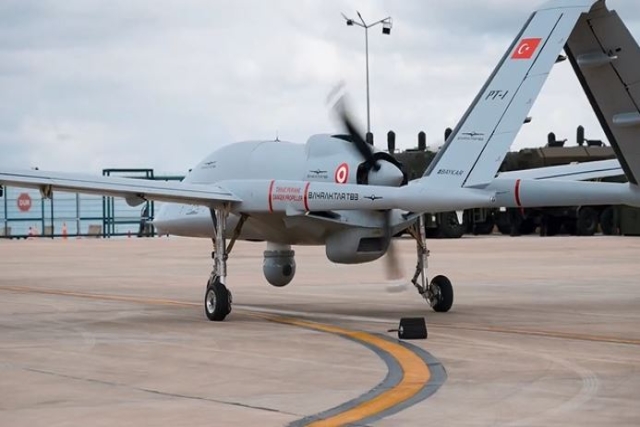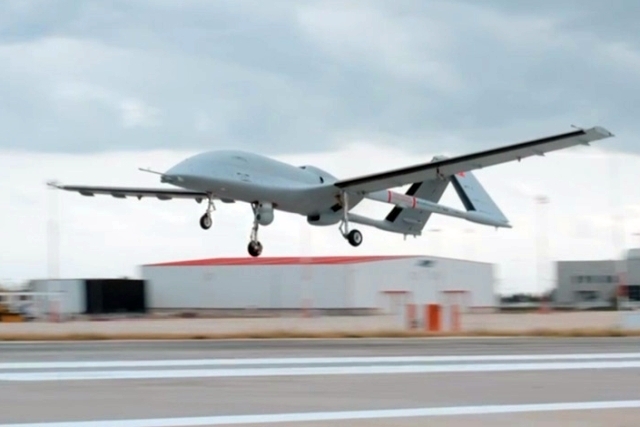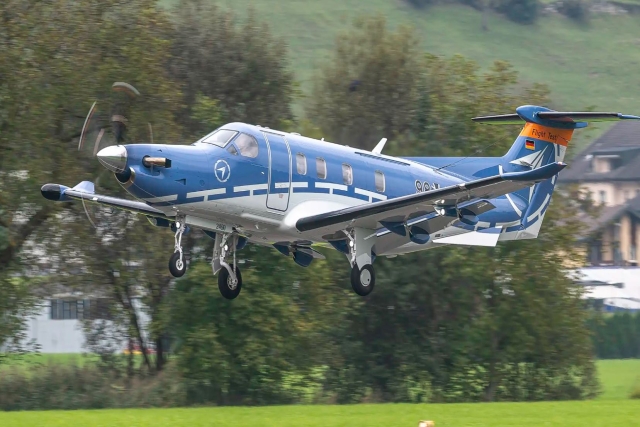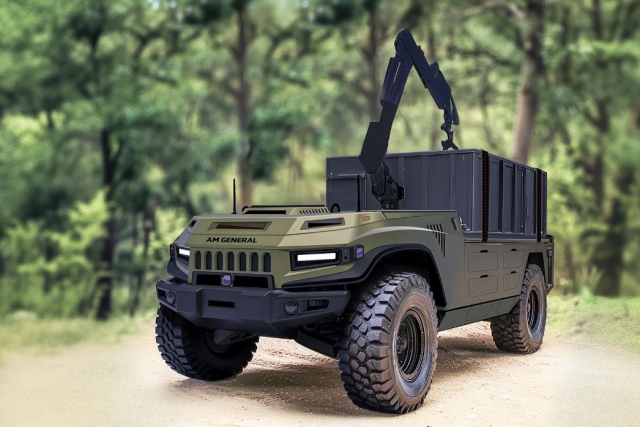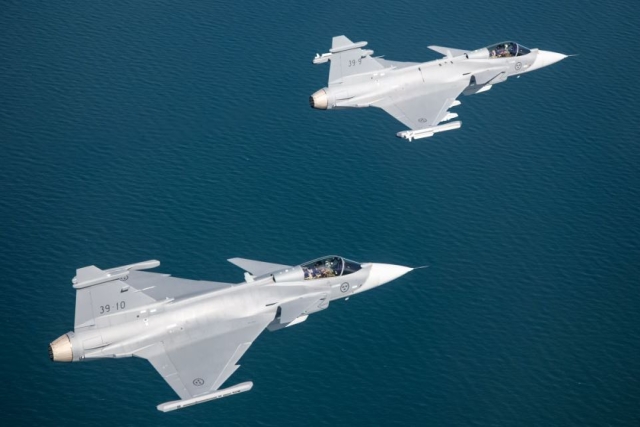Bayraktar TB3 UCAV Completes 32-Hour Endurance Flight Test
The drone stayed airborne for 32 hours
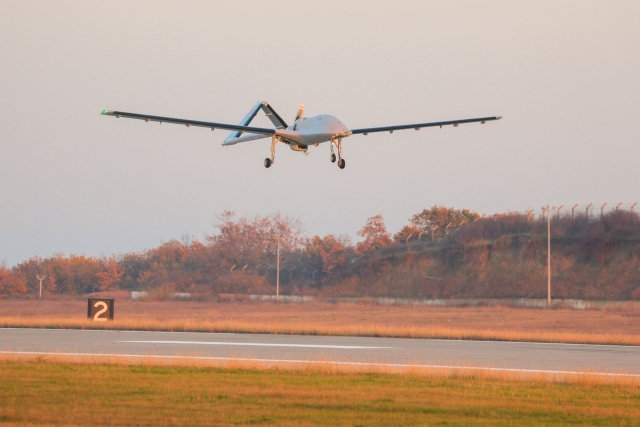
Turkey's Bayraktar TB3 unmanned combat aerial vehicle (UCAV) designed for the newly commissioned aircraft carrier has completed a long-duration flight test, staying airborne for 32 hours, according to developer Baykar.
The Bayraktar TB3 UCAV, equipped with the domestically developed PD-170 engine from TUSAŞ Engine Industries (TEI), underwent a series of performance tests, culminating in its 13th flight test named the endurance flight test at the Akıncı Flight Training and Test Center in Çorlu, Tekirdağ.
During the 32-hour test, the UCAV maintained a continuous flight at an average altitude of 20,000 feet, covering a total distance of 5,700 kilometers (3,541.8 miles). This follows a previous 12-hour flight test focused on mid-altitude system performance, wherein the Bayraktar TB3 set a record.
With a maximum takeoff weight (MTOW) of 1,450 kilograms and a payload capacity of 280 kilograms, the Bayraktar TB3 is nearly double the weight of its predecessor, the Bayraktar TB2. The UCAV features a foldable wing structure and is designed to be the world's first armed unmanned aerial vehicle capable of takeoff and landing on short-runway ships like the TCG Anadolu, commissioned earlier this year.
Baykar's Chief Technology Officer (CTO) and Chairperson of the Board, Selçuk Bayraktar, announced plans to commence ship-based testing of the Bayraktar TB3 in the coming year.
